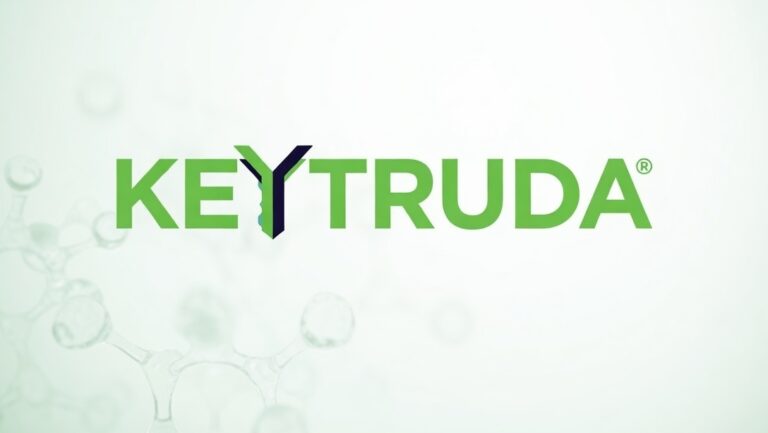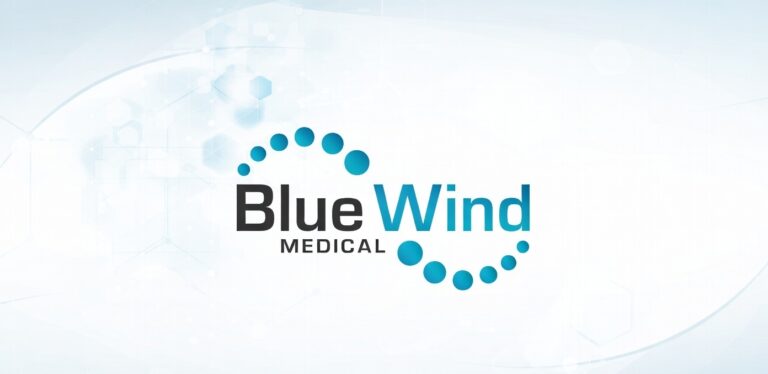
Novartis today presented data from the Phase III NETTER-2 trial showing that Lutathera® (INN: lutetium (177Lu) oxodotreotide / USAN: lutetium Lu 177 dotatate) plus long-acting release (LAR) octreotide reduced the risk of disease progression or death by 72% as first-line therapy in patients with somatostatin receptor-positive (SSTR+) well-differentiated grade 2/3 advanced gastroenteropancreatic neuroendocrine tumors (GEP-NETs) versus high-dose octreotide LAR alone1. Data were presented at the 2024 American Society of Clinical Oncology (ASCO) Gastrointestinal (GI) Cancers Symposium.
“These positive results for Lutathera are practice-changing and offer new first-line treatment data for patients who have a significant unmet need. This study confirms the clinical benefit of first-line radioligand therapy for newly diagnosed patients living with these types of advanced GEP-NETs,” said Dr. Simron Singh, Associate Professor of Medicine at the University of Toronto and cofounder of the Susan Leslie Clinic for Neuroendocrine Tumours at the Odette Cancer Centre, Sunnybrook Health Sciences Centre, Ontario, Canada. “These findings should instill confidence among physicians in using Lutathera as a first-line treatment for patients with this life-threatening type of cancer.”
| Efficacy endpoint1 | Lutathera plus octreotide LAR vs. high-dose octreotide LAR |
| Progression-free survival | HR 0.28 (95% CI: 0.18, 0.42; p<0.0001) |
| Median PFS (months) | 22.8 month (95% CI: 19.4 -not estimable) vs. 8.5 months (95% CI: 7.7-13.8) |
| Objective response rate (ORR)* | 43% (95% CI: 35.0-51.3) vs. 9.3% (95% CI: 3.8-18.3), p<0.0001 |
| *Assessed via RECIST 1.1 | |
“This is the first positive Phase III trial of a radioligand therapy in the first-line setting, and the overall efficacy and safety results are amongst the most clinically relevant observed to date in this kind of advanced cancer, addressing a significant unmet need for patients with newly diagnosed advanced GEP-NETs,” said Jeff Legos, Global Head of Oncology Development at Novartis. “The positive results are a significant advancement and further reaffirm our strategy to research and develop radioligand therapies in earlier lines of treatment or stages of disease to improve outcomes for patients.”
No new or unexpected safety findings were observed in the study and data are consistent with the already well-established safety profile of Lutathera1. Most patients (88%) in the Lutathera arm received all four cycles of Lutathera treatment. The most common all-grade AEs (≥20%) for the Lutathera arm vs. control arm were nausea (27.2% vs 17.8%), diarrhea (25.9% vs 34.2%) and abdominal pain (17.7% vs 27.4%), and the most common grade ≥3 AE (>5%) was lymphocyte count decreased (5.4% vs 0%).
NETs are a type of cancer that originate in neuroendocrine cells throughout the body and are commonly considered slow-growing malignancies. However, some NETs are associated with rapid progression and poor prognosis and in many cases, diagnosis is delayed until patients have advanced disease2-4. Even though NETs are a rare (orphan) disease, their incidence has increased over the past several decades2-5 and there is a need for continued research into treatment options for newly diagnosed patients.
The NETTER-2 trial is ongoing for further evaluation of secondary endpoints including overall survival and long-term safety.
About NETTER-2
NETTER-2 (NCT03972488) is an open-label, multi-center, randomized, comparator-controlled Phase III trial assessing whether Lutathera plus octreotide LAR when taken as a first-line treatment can prolong PFS in patients with high-proliferation rate tumors (G2 and G3), compared to treatment with high-dose (60 mg) long-acting octreotide6. Eligible patients were diagnosed with SSTR-positive advanced GEP-NETs within 6 months before enrollment6.
About Lutathera®
Lutathera® (INN: lutetium (177Lu) oxodotreotide / USAN: lutetium Lu 177 dotatate) is approved in the US for the treatment of adult patients with SSTR-positive GEP-NETs, including those in the foregut, midgut and hindgut, an indication which includes the NETTER-2 population. Lutathera is also approved in Europe for unresectable or metastatic, progressive, well-differentiated (G1 and G2), SSTR-positive GEP-NETs in adults7,8, and in Japan for SSTR-positive NETs.





